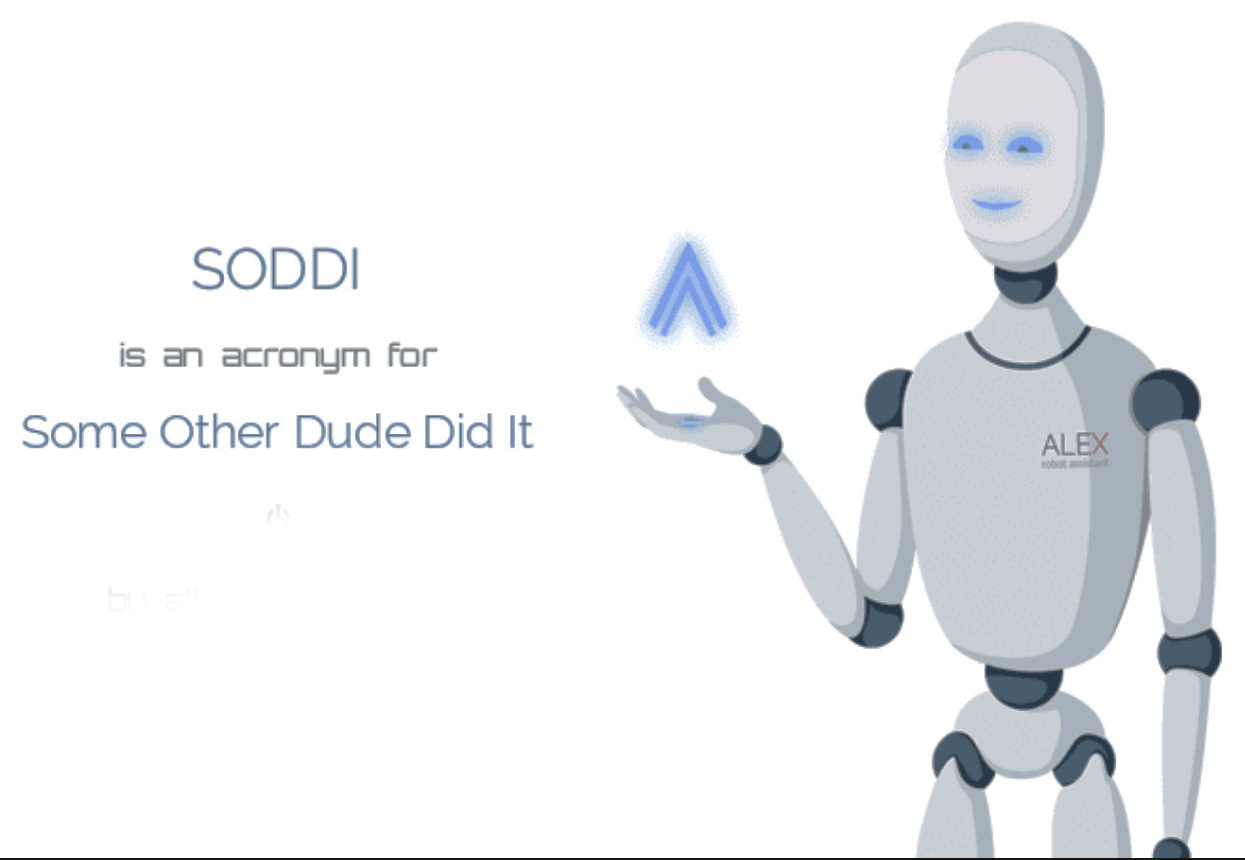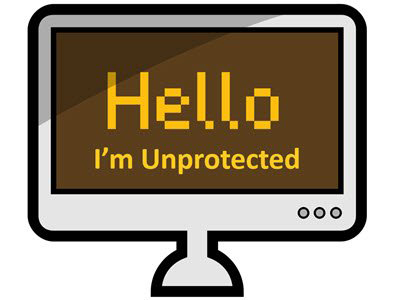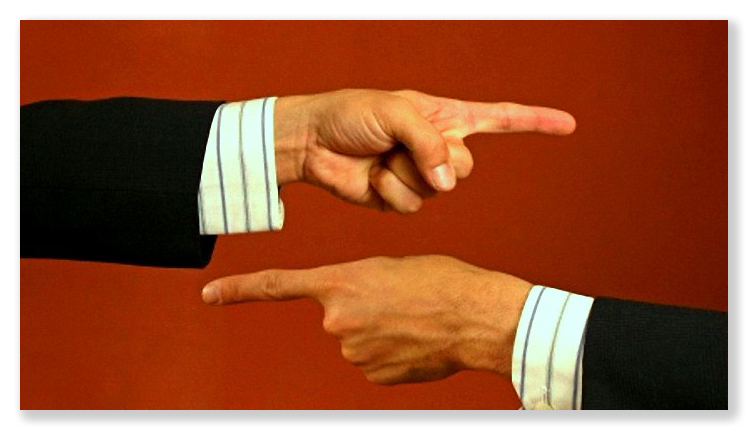We post news and comment on federal criminal justice issues, focused primarily on trial and post-conviction matters, legislative initiatives, and sentencing issues.

‘SODDI’ SOMETIMES IS A GOOD DEFENSE
 When the cops figured out that someone was using a computer address registered to Bill Pothier to download child pornography, they raided his apartment. It wasn’t easy: the agents had to pound on the door for 15 minutes before Bill (who was the only one there) admitted them to toss the premises.
When the cops figured out that someone was using a computer address registered to Bill Pothier to download child pornography, they raided his apartment. It wasn’t easy: the agents had to pound on the door for 15 minutes before Bill (who was the only one there) admitted them to toss the premises.
Agents found Bill’s laptop sitting on a table in the living room. Forensics showed it had a few prohibited files in some obscure folders, and that was good enough for the government to charge Bill with possession of kiddie porn.
The problem was that two other people – Priscilla Pritchard and Barry Balis – lived in the apartment, too. Bill’s laptop was not password-protected, and only had a single generic user account installed by the manufacturer. Some of Bill’s innocent computer files were on the machine, but so were documents belonging to the two other residents as well as documents from a co-worker at Bill’s office.
Juries do not like kiddie porn or defendants charged with viewing it. For that reason, perhaps, it convicted Bill, who was, after all, the only guy in the courtroom the jury was allowed to blame. But last week, the 1st Circuit reversed Bill’s conviction, giving every defendant – no matter what his or her case is about – a lesson in reasonable doubt. Sometimes, “SODDI” – that is, ‘some other dude did it’ – is a good defense.
 The Circuit said, “The record in this case begins like the first chapter of a detective novel. The criminal act was clear: The laptop contained child pornography. Because the laptop was not password-protected and was found in a common area of the residence, the possible suspects were three: Poth, Pritchard, and Balis, all of whom apparently had access to the residence and, therefore, to the computer. At that point, the record becomes sketchy and the evidence sparse.”
The Circuit said, “The record in this case begins like the first chapter of a detective novel. The criminal act was clear: The laptop contained child pornography. Because the laptop was not password-protected and was found in a common area of the residence, the possible suspects were three: Poth, Pritchard, and Balis, all of whom apparently had access to the residence and, therefore, to the computer. At that point, the record becomes sketchy and the evidence sparse.”
Bill had two other apartments where he spent time, and nothing in the record showed whether the laptop stayed in one place or traveled with him. What’s more, the government did not link the times the porn was downloaded with Bill using the laptop, and neither of the other two residents of the apartment testified.
The government’s theory was that Bill owned and used the computer, so he had to know the porn was there. But to believe that, the Circuit said, the jury would have to believe that after he downloaded child porn, Bill “decided to forgo password protection and then left the laptop in the living room of a residence at which two other people received mail. Furthermore, during the 15 or so minutes when he knew the police were at the door, Bill did not conceal or destroy the laptop or run the file-shredding program that the government presumes he had installed.”
Added to that, the court noted, “the evidence does not reveal whether an innocent user of the computer would have been aware that it contained child pornography. The seven illegal videos contained on the computer at the time of the search were not filed in conspicuous locations, but rather in the recycle bin and in a temporary folder only visible to a user who overrode Microsoft’s default setting.”
 The alternative was that one of the other residents downloaded the porn during one of Bill’s regular absences, and did not password-protect the machine because Bill would have noticed. “And because they were not present when the police came calling, neither of them could have hidden or destroyed the computer, or erased the child pornography, when the need to do so arose.”
The alternative was that one of the other residents downloaded the porn during one of Bill’s regular absences, and did not password-protect the machine because Bill would have noticed. “And because they were not present when the police came calling, neither of them could have hidden or destroyed the computer, or erased the child pornography, when the need to do so arose.”
“Each scenario is plausible, and though one might debate their relative merits, to settle on one beyond reasonable doubt would require guesswork,” the opinion stated. “And guilt beyond a reasonable doubt cannot be premised on pure conjecture.”
United States v. Pothier, 2019 U.S. App. LEXIS 9003 (1st Cir. Mar. 26, 2019)
– Thomas L. Root

